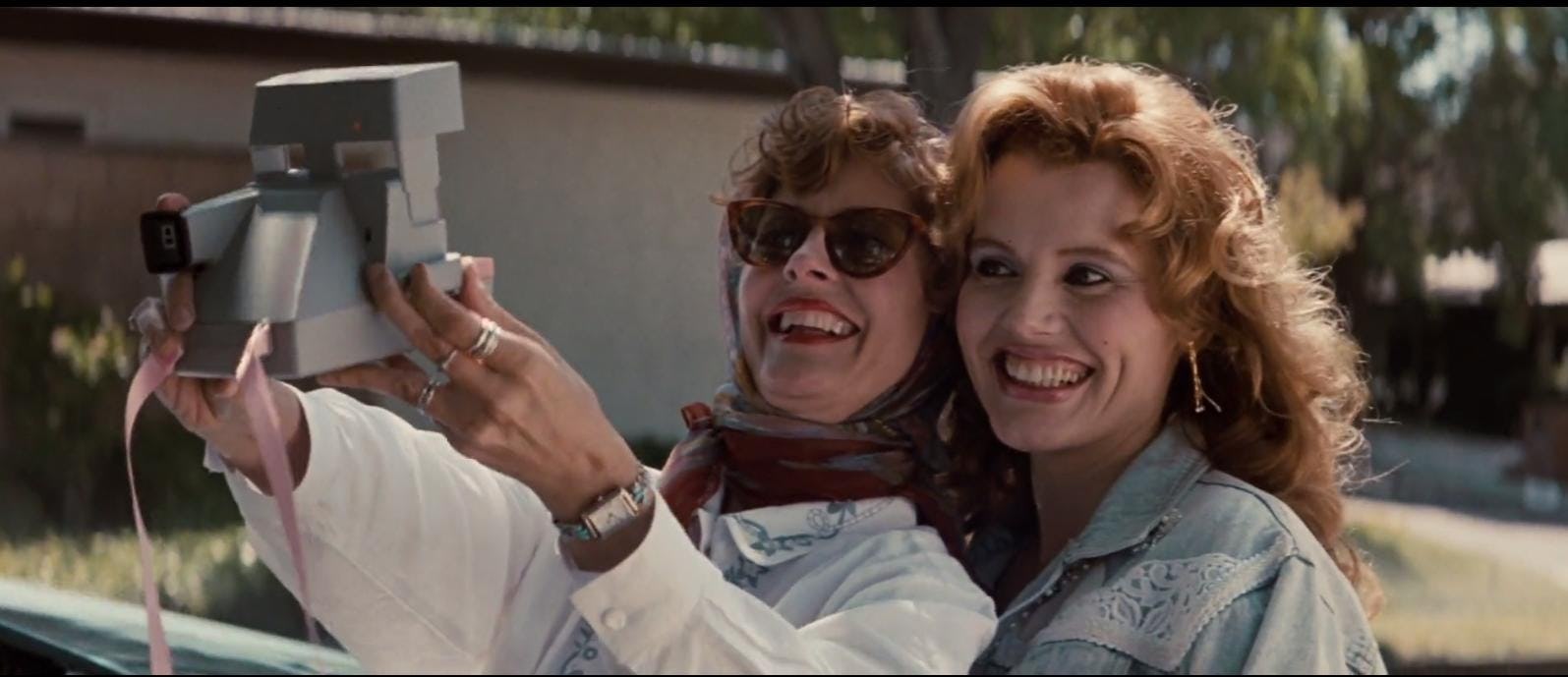The general feeling that this movie left me with was one of confusion and loneliness. I suppose that was what the story was about - of becoming someone in a world that is foreign, of realizing that power is perhaps a state of mind and, especially for someone who presents as a woman, can be lost in an instant. I thought Scarlett Johanssohn did an amazing job of portraying an alien figure in human skin, who gradually grows into the skin she (?) inhabits. My reading of the ending - in which she is assaulted and burned to death by the man in the woods - was that the alien, in interacting with all these humans in her time, had slowly begun to feel human herself, and gendered as well after she falls for that one nice man, but as soon as she began to embody this human woman fully and lies down to rest, she is molested by a man who had appeared to be nice to her, then molests her in her sleep, tries to rape her, and burns her to death after he is disgusted at her alienness underneath. This seemed to echo the violence committed in our own world against not only women but transgender people especially, by men in hateful reaction to feeling "tricked" and that their masculinity is threatened by their desire.
 |
| she know about wearin a fur fox skin |
It is interesting to think about the progression of the main character's sexual interactions and the power she loses in parallel. In the beginning of the movie, she seduces unsuspecting men and, in a really cool and eerie sequence, traps them in suspension. They move toward her as she backs away, mirroring her undress, and do not even notice as they descend straight down into the abyss. So chilling! The music during these sequences was terrifying and I loved it. In this section, she has full control over her prey but in a way, exacts her violence in a most non-violent way. She never touches the men - they willingly walk down into the depths, and are broken down seemingly painlessly. After she runs away from her duties and is helped by the nice man, she seems to experience her first instance of human affection and desire. She jumps up right before (?) they have sex and curiously examines her genitals, as if in disbelief that they are there and to realize what they are for. The man never pressures her to do anything, so in this instance she seems to have yielded some of her sexual power over man by sharing desire with someone else, but nevertheless maintains the rightful autonomy any person should have. Everything changes in the third section, however, when the man in the woods tries to rape her. Here, she lost complete control over her body and sexuality, and only manages to escape from underneath him because he is shocked when he tears a piece of her skin, revealing an amorphous substance underneath. The fact that he kills her suggests an unfortunate truth of the world - that a woman who does not submit to the will of man faces great danger. Her death can be read in different ways - Is it justice for the men she killed? A twisted way for her to escape the suffering she experiences as a human woman? Her inevitable fate in taking on the skin of a woman? Tl;dr, alien goes from being sexually powerful to powerless and then goes out in flames. This shit is bonkers.
Interesting facts: Many of the scenes in which she talks to men on the street were filmed with hidden cameras! The disfigured man in the movie is played by Adam Pearson who has neurofibromatosis, and he actually advised them on how she should interact with him. In an op-ed he wrote on Daily Mail, he talked about the importance of positive representations of people with "disfigurements" - scars, burns, things people associate with villains - in popular culture, and to perhaps have real people with these conditions play them instead of having the disfigurement be a costume. He likens this to blackface - not sure how I feel about this so I would love to hear any thoughts. I would have to think some more about how I feel about the relationship between the protag and this character because there seems to be a lot going on.
Overall the film did a great job of producing an unsettling tone with a classic high-pitched violin set against a low beating bass, mysterious shots with little dialogue and a lot of quiet, and Scarlet's fantastic performance. I can see why this film didn't do so well at the box office - it is very much a film better appreciated at home by someone who is ready to patiently consume something bizarre and beautiful.


